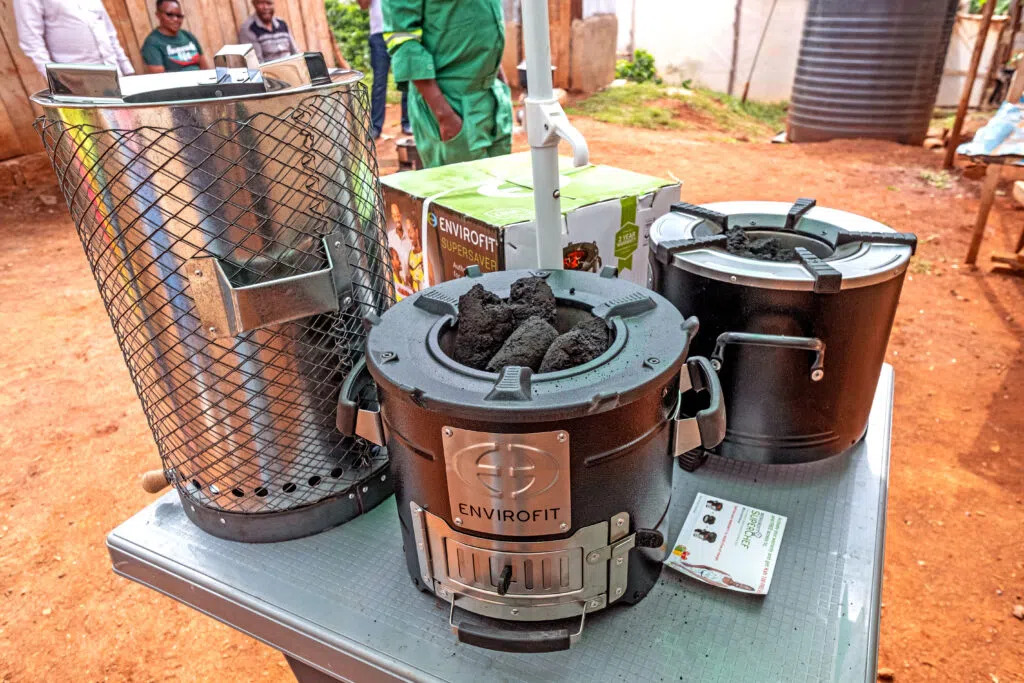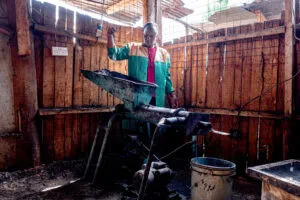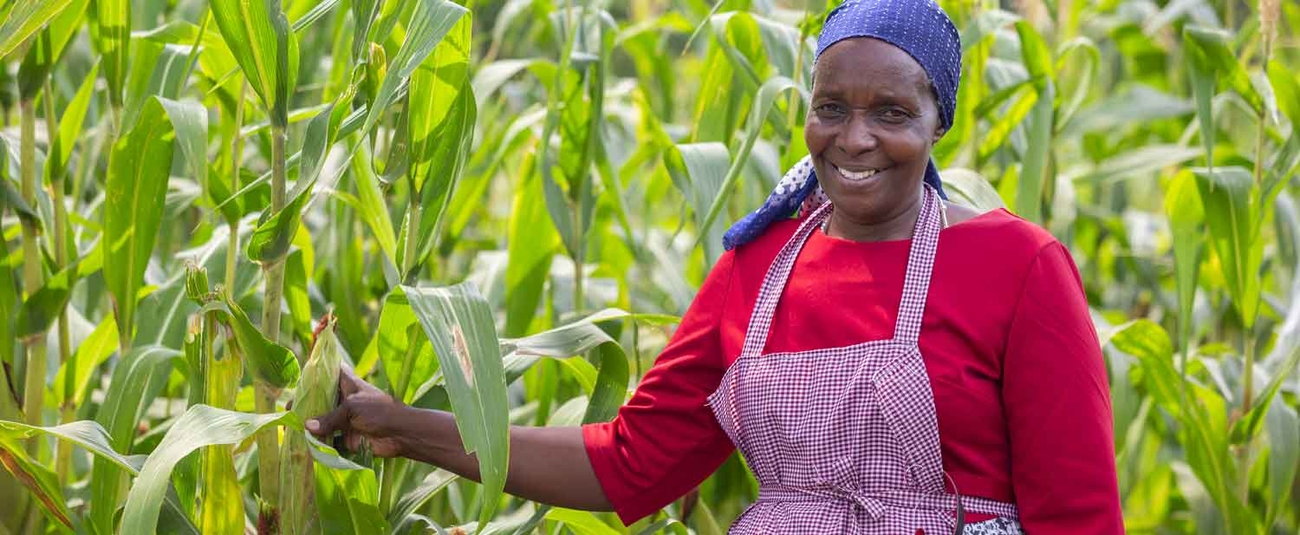
By George Munene
The Rainforest Alliance is partnering with local organizations and coffee farmers in Embu County to turn their coffee husks into smokeless carbonized household cooking briquettes which reduce energy costs by 40 per cent.
The project which will serve 1,500 members of the Kibugu Farmers’ Cooperative Society in Embu County will reduce their cost in money, time, and energy used in fetching firewood as well as increase access to affordable, efficient, and clean energy technologies.
Related News: Biogas brings clean energy solution to pastoralist homestead
The coffee farmers will also have access to more efficient cookstoves which can be purchased through credit and payment installments made possible through a revolving fund. The project will also connect energy suppliers to energy entrepreneurs.

A central Household Energy Center (HEC) will use coffee husks from local coffee mills to make briquettes which will be distributed through two satellite HECs and six Last Mile Entrepreneurs (LME) who will serve as retailers of these products and target remote, rural areas.
Related News: Nakuru farmers set to use geothermal energy in crop production
Related News: Smallholder farmers use trees to fertilize soils & extra income
The project which will directly employ 13 people will reduce both household air pollution-- cooking smoke from traditional fuels contributes to 21,500 deaths in Kenya as well as a range of chronic and acute illnesses.
It will also help reduce deforestation and increase farmers’ disposable incomes as they’ll have more money to put towards other needs.
Write comment (0 Comments)
















